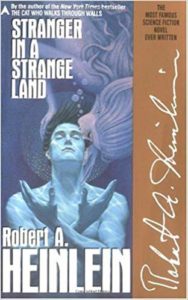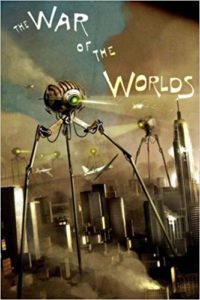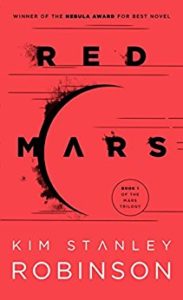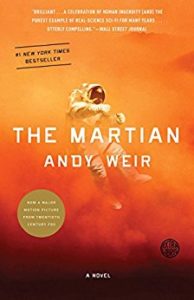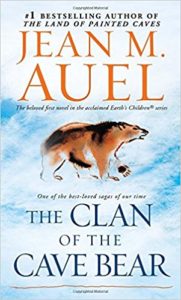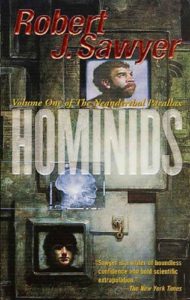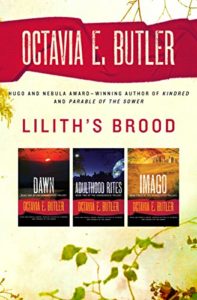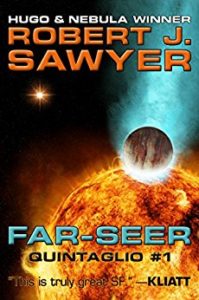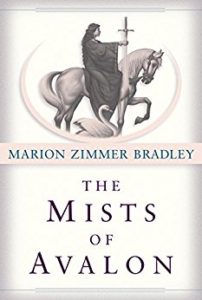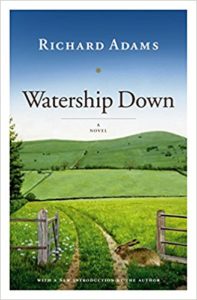I’ve decided to start another series on this blog. Just like with the interviews with people who love speculative fiction that I’ll begin publishing here next week, Hopeful Science Fiction, film reviews, Questions from the Search Engines, and Blogging Advice, this series won’t be updated on a specific schedule. Once I’ve come up with several similar titles to recommend to people who enjoyed a certain book, that post will be added to the queue.
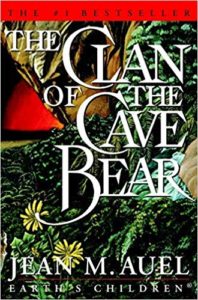 The Clan of the Cave Bear is a prehistoric novel written by Jean M. Auel in 1980 about an orphaned human girl named Ayla who was raised by Neanderthals. It has four sequels about Ayla’s life as an adult.
The Clan of the Cave Bear is a prehistoric novel written by Jean M. Auel in 1980 about an orphaned human girl named Ayla who was raised by Neanderthals. It has four sequels about Ayla’s life as an adult.
Part of the reason why I picked this specific tale to start this series off with is because I’ve been getting a spike of visitors coming to this site looking for information about Auel, her characters, and whether there is going to be a TV show or movie made about the Earth’s Children books.
No, it doesn’t look like there’s anything in the works. I’ll be the first to shout it from the rooftops if that ever changes! In the meantime, why not talk about something I enjoyed quite a bit?
The Clan of the Cave Bear is one of those stories that I’ve returned to over and over again. The plot is an intriguing blend of adventure, romance, mystery, and even a touch bit of the paranormal genre at times.
Life wasn’t exactly easy for hunter-gatherers 30,000 years ago, so there were also plenty of subplots about gathering food, making weapons, preserving medicinal herbs, and doing everything else necessary to survive the cold, long winters of an ice age.
I’ve spent years on the lookout for books that are comparable to this one and its sequels. The following list is the cream of the crop of everything I’ve read so far about Neanderthals and how they might have interacted with Homo sapiens tens of thousands of years ago or in modern times.
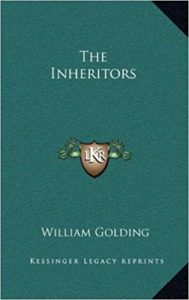
The Inheritors by William Golding
This was the first well-written book I discovered when I went to the library as a young teen in hopes of finding more storytellers like Jean M. Auel who had clearly done their research about life in the prehistoric era.
It was fascinating to see how Mr. Golding imagined Neanderthals might have behaved as their culture began to bump up against a stronger one. The Neanderthals in this world were caring, but they had trouble competing in a world where a more intelligent and dangerous type of human was beginning to move into their territory. I’d argue that this twist says just as much about him and the era he lived in as it does about one of the possible reasons why this species might have gone extinct.
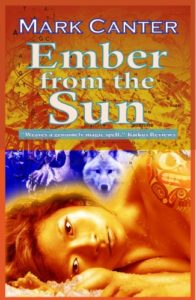
Ember from the Sun by Mark Canter
I read this title soon after finding The Inheritors, and it’s something I’ve been recommending to likeminded readers for many years now. It’s by far the most science-fiction oriented part of this list because of how much time the narrator spent setting up the storyline and explaining why the things he imagined could possibly happen with the use of science instead of magic to explain them.
In short, the main character was a scientist who found the body of a frozen Neanderthal woman that was so well-preserved he actually found a viable embryo in her womb. (Yes, there was a somewhat-scientific reason why this was possible in this universe, but I can’t tell you specifics about that scene without revealing an important part of the plot).
He implanted that embryo into a human volunteer, named the resulting baby Ember, and raised her as his own. As she grew up, she began to explore her unusual past. She had many of the same questions that people who are transracially adopted have about their identity, and those questions lead to some very interesting developments in the plot that I still mull over to this day.
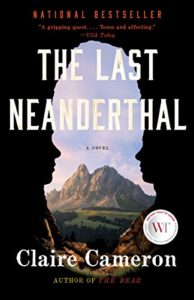
The Last Neanderthal by Claire Cameron
The title of this one gives away its subject matter. We know that eventually all of the Neanderthals died out (or interbred with a much larger group of humans until their genes almost completely disappeared). There are so many things that bones can’t tell us about an individual or their culture, however!
What was the life of the last obvious Neanderthal like? How were they different from us? I can tell you almost nothing about this protagonist other than the fact that I found her delightful. Everything else I want to say would wander too close to spoiler territory because of how long it took the author to explain some of her character’s most enduring traits.
There is a film by the same name that is currently in the works. I can’t figure out if it’s supposed to be based on this book. Either way, I’m tentatively hoping to review it when it comes out!
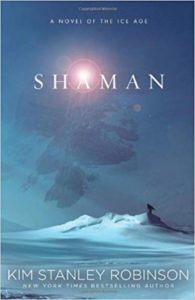
Shaman by Kim Stanley Robinson
One of the things I wish had been different about the Earth’s Children books was how far they eventually strayed away from describing all of the hard work that people needed to do in order to survive in such harsh climates. This novel always stayed true to its setting in that way. Life as a hunter-gatherer is never something that should be romanticized even if there are certain parts of it I wish I could incorporate into my own urban lifestyle!
I also loved the friendships the characters in this tale developed with Neanderthals. They worked together to survive in an unforgiving climate. As much as I respected Mr. Golding’s take on this topic, I’d like to think that the past was a cooperative place.
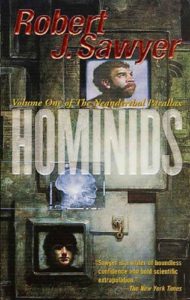
The Neanderthal Parallex trilogy by Robert J. Sawyer
In Hominids, the first book of this series, humans from our Earth meet a modern-day Neanderthal from a parallel universe where their species survived and humans died out tens of thousands of years ago.
The cultural differences between Neanderthals and humans were vast. To give one of the least surprising examples, all of the Neanderthals in this universe are bisexual and have two spouses, one man and one woman. It was fascinating to see how these two worlds collided once the characters realized just how many assumptions they made about life didn’t fit the other society in any way.
I can’t believe no one has turned this into a TV series yet. Robert J. Sawyer has written dozens of worthwhile books, but this world in particular really needs to be shared with a wider audience. It was so thought provoking.
Respond
If any of you have recommendations for other prehistoric tales or a request for a book I should feature next in this series, do speak up. I’m always open to suggestions.

 On Monday I blogged about the
On Monday I blogged about the 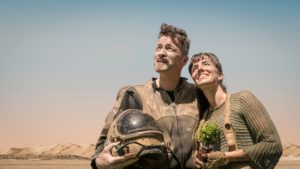 To put it mildly, humans made a lot of terrible mistakes when they invaded other countries and continents. While there isn’t any life on Mars* that could be destroyed if or when humans begin living there, there are still plenty of ways for that social experiment to have devastating consequences for everyone who participates in it.
To put it mildly, humans made a lot of terrible mistakes when they invaded other countries and continents. While there isn’t any life on Mars* that could be destroyed if or when humans begin living there, there are still plenty of ways for that social experiment to have devastating consequences for everyone who participates in it. 4. How Medical and Scientific Advancements Happened
4. How Medical and Scientific Advancements Happened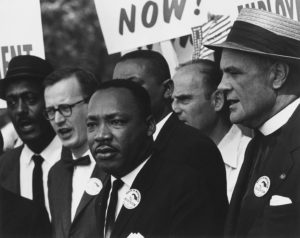 Sometimes the people who originally fought for a more just world aren’t around to see how all of those long years of hard work will begin to pay off.
Sometimes the people who originally fought for a more just world aren’t around to see how all of those long years of hard work will begin to pay off.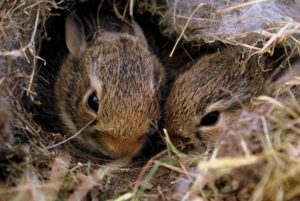 Anyone who has known me longer than ten minutes will have some inkling of how much I love rabbits.
Anyone who has known me longer than ten minutes will have some inkling of how much I love rabbits.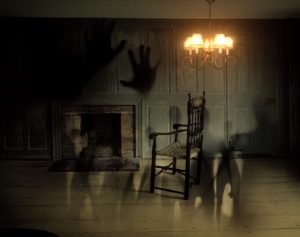 Many different types of ghost stories appeal to me, but the ones I enjoy the most are about folks who had excellent reasons for being so angry and restless in the afterlife.
Many different types of ghost stories appeal to me, but the ones I enjoy the most are about folks who had excellent reasons for being so angry and restless in the afterlife.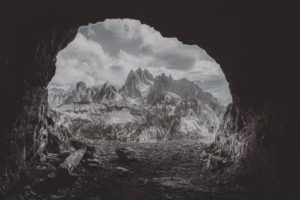 I sure wouldn’t want to be part of a hunter-gatherer tribe in real life, but I love reading about characters who lived in that kind of society.
I sure wouldn’t want to be part of a hunter-gatherer tribe in real life, but I love reading about characters who lived in that kind of society.